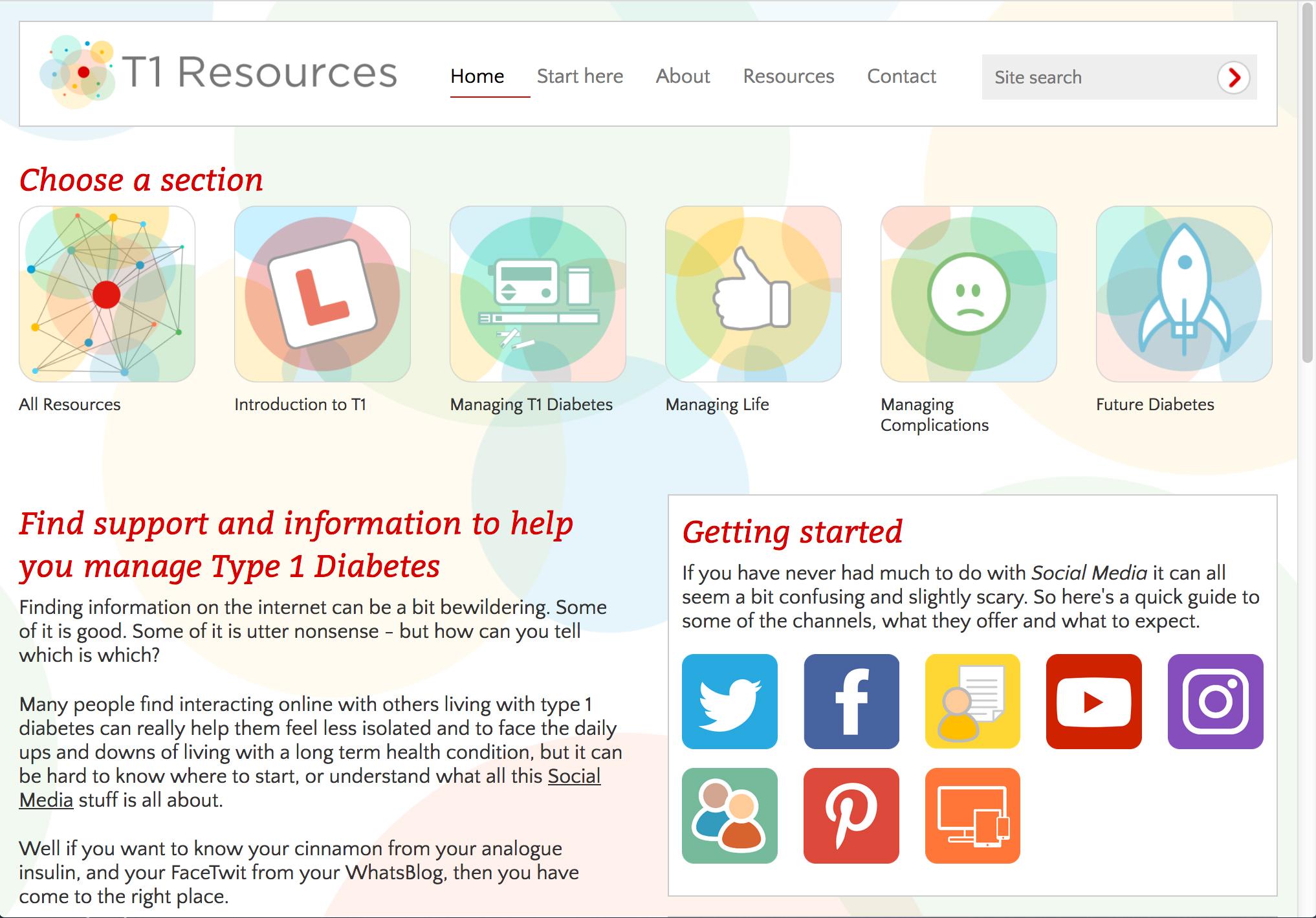
2 minute read
Your most important asset
Dr Rachel Thomas is a medical doctor and former Masters student in Neuroscience & Psychology of Mental Health at King’s. She is also an entrepreneur and co-founder of Resilio, a mental health optimisation platform (www. resilio.io). Rachel explains why it is important to maintain good mental health and how best to do this.
he life of an entrepreneur is fast-paced – and particularly in the early stages of a start-up when teams can be small, you might feel like one person playing many characters in a play. Juggling roles ranging from CEO to marketeer, product developer to accountant, you might feel a pressure to do everything and to do it as quickly as possible. This can lead to your mental health taking a backseat to other targets perceived to be more important. But these steps below can help improve your mental health.
Advertisement
T
1. RECOGNISE TRENDS
If you notice signs of a recession in a market, you might change your strategy. Consider doing the same if you notice changes in yourself. If you feel down, experience changes in your sleep pattern or weight, or things stop being enjoyable, talk to someone about it. Trackers such as Fitbit can help you keep an objective eye on your activity levels. Many start-up teams work long hours closely together. Remember that you might be best placed to see changes in a co-worker who needs help, so keep an eye out for each other.
2. USE MARGINAL GAINS
These early signs of stress are often ignored, or seen as ‘part of the territory’ of success. This is partly because many people think that there is not much that can be done about stress – short of changing jobs.
Stress can be improved with small lifestyle changes. Eating regularly, including movement in your day and ensuring that you have regular sleep can have a big impact on your mental health over time. Prolonged stress can trigger mental health issues or burnout, so learning to manage it is key.
3. ACT ON FEEDBACK
While you wouldn’t ignore a customer or investor giving you feedback, you shouldn’t ignore your body doing the same thing. Chronic stress can decrease your immune system’s responses. A lingering cough or feeling generally unwell for a long time is feedback – listen to it and see a healthcare professional.
4. INVEST IN YOUR MOST IMPORTANT ASSET
Ultimately, you’ll be more productive if you prioritise your mental health. Try scheduling small amounts of ‘down time’. It is needed for memory consolidation, formulating novel connections and problem-solving – all things that are key in entrepreneurship.
Looking after your mental health can improve your confidence and wellbeing. This can help inspire others to feel confident in you and your vision too. Ultimately it helps get the maximum return on your most important asset: you!
above Dr Rachel Thomas, medical doctor and entrepreneur.
WANT TO KNOW MORE?
Good Thinking is supported by the NHS and Public Health England, and is a useful tool to find resources to help you manage stress, sleep issues and anxiety. www.good-thinking.uk
Student Mindsempowers students to look after their own mental health and support others. www.studentminds.org.uk










